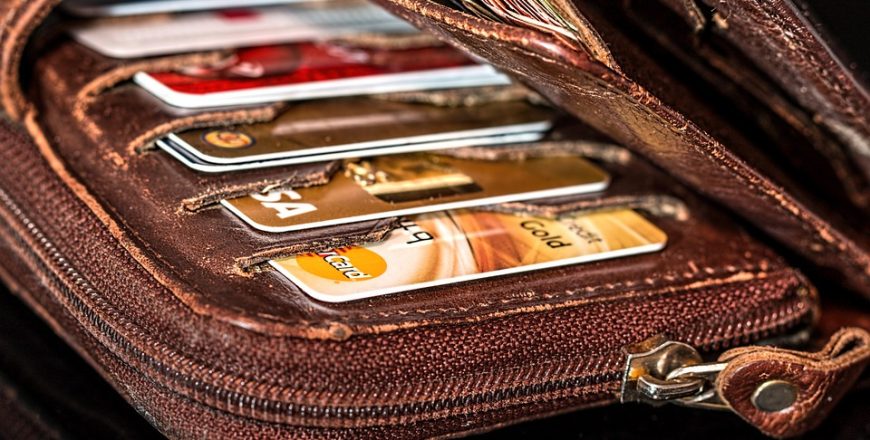
5 Ways to Improve Your Credit Score
Credit scores are numerical representations of an individual’s creditworthiness, providing lenders with a quick assessment of the risk associated with lending money to that person. Typically ranging from 300 to 850 in the United States, a higher score indicates better creditworthiness. The score is calculated based on various factors, including credit history, payment timeliness, credit utilization, types of credit accounts, and the length of credit history. Lenders use credit scores to make decisions on loan approvals, interest rates, and credit limits.
A good credit score opens doors to favorable financial opportunities, such as lower interest rates on loans and credit cards, while a lower score may result in higher interest rates or difficulty in obtaining credit. Regularly monitoring and managing one’s credit score is crucial for maintaining financial health and access to favorable credit terms.
People with bad credit scores usually struggle to avail loans when they need them. However, there are some options for them as well. Getting in touch with online payday loan lenders would give them the opportunity to get short term loans to tide themselves over during times of financial difficulty. However, it’s important to note that maintaining a healthy credit score is a good idea as it has various advantages.
Having a good credit score has numerous benefits. You get lower interest rates on loans and can get approved for higher limits. Also, It’s easier to get approval for a mortgage or rental houses. On the other hand, people with bad credit rating get higher interest rates. If you’re one of these people, don’t worry for you can still repair your credit. Here are a few tips to help you improve your credit score.
1. Make Sure Your Credit Reports are Correct
First, you need to acquire your credit reports from these three major credit bureaus: Equifax, Experian and TransUnion. The next step would be to make sure there are no errors in them. Your credit scores will be based on these three reports, so it’s important to check whether it’s accurate or not. Fix discrepancies as soon as you can for it can greatly affect your credit score.
A few things you can check:
- Personal information such as your social security number, name, address and birth date
- Items from decades ago that are still on the reports
- Discrepancies on missed payments
Errors should be filed separately with each credit bureau.
2. Update or Fix Your Late Payments
Remember that a delinquent payment can appear on your credit reports for up to seven years. Get yourself organized and set up your calendar alerts so you won’t forget a payment deadline. If you have already missed a payment, talk to your lender. Ask whether they can forgive you for the late payment. You’ll have to come up with a really good reason why they should forgive you for it.
Credit bureaus usually report a late payment 30 days after the due date. This doesn’t mean you won’t be charged for the late payment. So to avoid paying for penalties, always pay on time.
3. Limit Your Credit Applications
A hard inquiry – this is when you apply for credit – impacts your credit score for a year. The hit would be about 3 to 5 points, but if you keep applying for credit and not get approved, your credit score will definitely be affected. Instead, research the best options for your credit score before applying. If you are a veteran, for example, a VA loan may have a higher chance of being accepted than another form of a loan.
As much as possible, limit your credit applications especially when you’re trying to apply for an important loan.
4. Open a Secured Credit Card
To get a secured credit card, you will only need to make a deposit to your checking account to secure your credit. So long as you have the funds, acquiring a secured credit card will be easy albeit you have a bad credit rating. Just make sure your payments are always updated. This will show the creditors that you are back on track.
5. Eliminate Balances on your Credit Cards
The trick is to only use one or two credit cards for everything for it’s a good way to improve your credit scores. Why? One of the factors that affect credit scores is the number of cards that have balances. What you can do is pay off all credit cards with small balances to get a boost on your score.
What you can do right now is to reduce the amount of debt that you owe. If you have the money, pay your purchases with cash. Since it’s almost Christmas, you can also get creative on your gifts. Instead of buying expensive gifts that could hurt your finances, try giving out Christmas cards with photos to family and friends. They will surely appreciate it!






